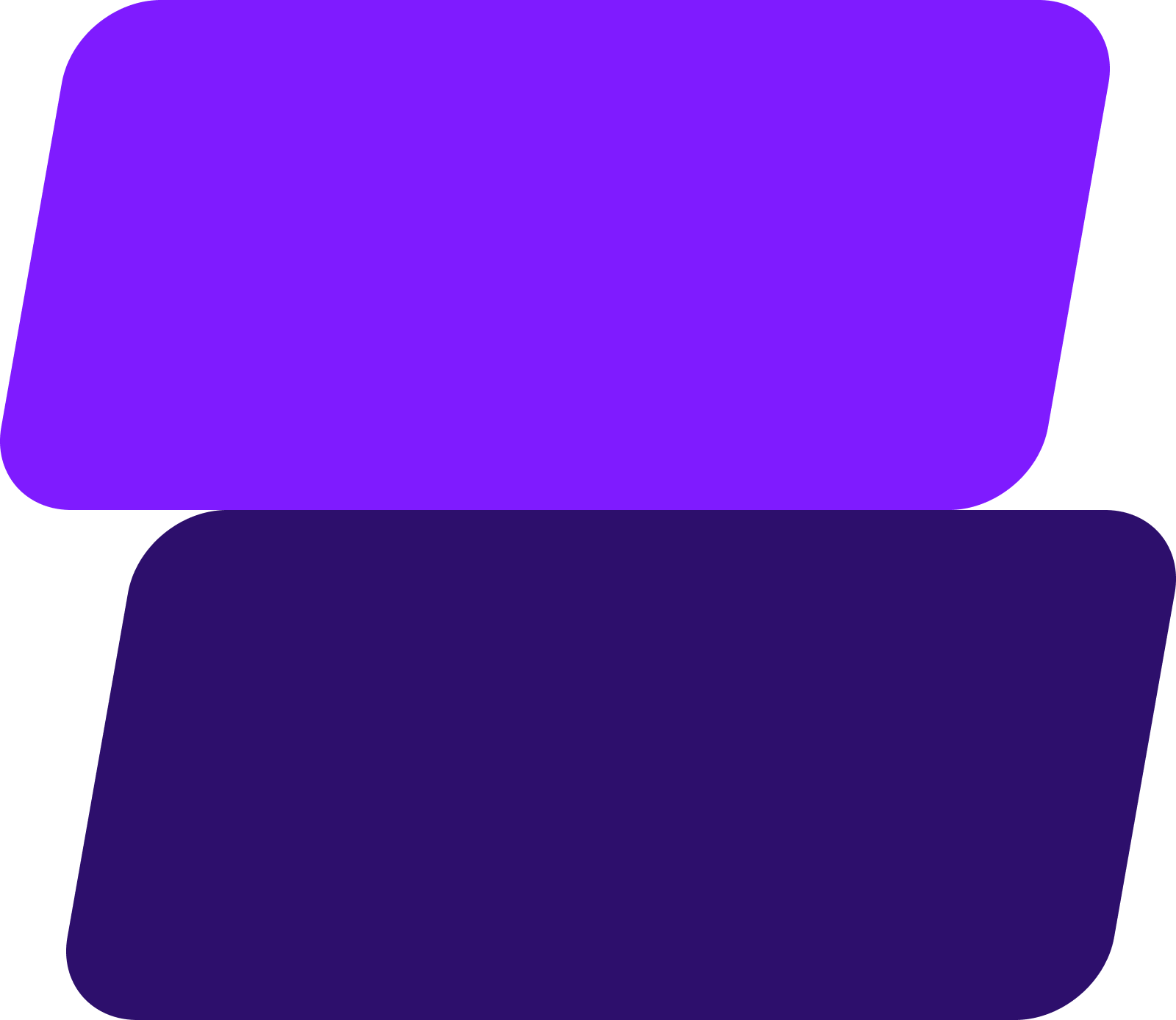PPC is a great way to get instant visibility for your business, especially for those who are starting out and need to increase their initial numbers before their SEO kicks in. In this article, we look at the top PPC statistics and the story they tell.
Are you interested in a certain segment of paid advertising metrics? Jump to the area of your choice:
- General PPC Statistics
- PPC and User Behavior Statistics
- PPC Performance Statistics for Ad Conversations
- Stats on Shopping, Ecommerce, and PPC
- Emerging Technology PPC Statistics
- Social Media PPC Statistics
General PPC statistics
The following are paid advertising metrics that refer to the strategy as a whole:
| General PPC Statistics | |
| Across industries, businesses generally earn $2 in revenue for every $1 spent on Google Ads. | Source |
| The average monthly PPC campaign cost ranges from $100 to $10,000 for small to mid-sized companies. | Source |
| Businesses typically spend between $501 and $3,000 per month for PPC services from an agency. | Source |
| Globally, companies are projected to spend $190.5 billion on search advertising in 2024. | Source |
| 32% of companies use PPC to sell products directly to consumers. | Source |
| Paid search represents 39% of advertisers’ budgets. | Source |
| 47% of all global purchases are now completed online. | Source |
| PPC generates twice the amount of website traffic compared to SEO efforts. | Source |
| 65% of small to mid-sized businesses run a PPC campaign. | Source |
| 72% of companies haven’t reviewed their ad campaigns in over a month. | Source |
| 85% of consumers research a product online before purchasing. | Source |
| PPC typically delivers a 200% return on investment (ROI). | Source |
| Facebook Ads and Google Ads are the paid advertising platforms with the highest ROI. | Source |
The fact that PPC campaigns, on average, develop a 200% ROI means that businesses can expect significant returns if their campaigns are well-optimized. Prioritize PPC as a core part of your advertising budget to ensure that you track and optimize for conversions to achieve that high return.
You should only advertise on social platforms where potential customers are interacting. Since Facebook Ads and Google Ads yield the highest ROI, it makes sense to use at least one of them if it works for your target audience.
Consider doing test trails with social platforms before diving all in. For some industries, Facebook’s detailed targeting may work better, while others will find better results with Google’s keyword-driven search ads.
PPC and user behavior statistics
Your customers drive the way you market yourself and your products online. Here are some top user behavior PPC performance statistics to show how your customers are interacting with the web:
| PPC and User Behavior Statistics | |
| 80% of consumers prefer ads tailored to their city, zip code, and local surroundings. | Source |
| 75% of users agree that paid ads help them find what they’re looking for more easily. | Source |
| By 2025, an estimated 73% of internet users will primarily access the web via mobile devices. | Source |
| 60% of users cannot distinguish ads from organic search results on search engine results pages. | Source |
| 58% of internet users make online purchases weekly. | Source |
| 51% of Generation Z actively use ad blockers. | Source |
| PPC visitors are 50% more likely to purchase than those who arrive via organic search. | Source |
| In the last two years, searches containing “Near Me” and “Where to buy” have doubled. | Source |
These statistics tell the story of how users are changing the way they interact with the Internet and, more importantly, with brands. Customers are increasingly looking for relevant local brands to support. Tailor your marketing message to optimize for this new user intent style.
Consider that the younger generation is using software to block ads. Think about how you can use this as an opportunity rather than a challenge.
PPC performance statistics for ad conversations
| PPC Performance Statistics for Ad Conversions | |
| The average conversion rate for Google Ads is 1.91%. | Source |
| By campaign type, Google Ads sees a 4.40% conversion rate on the search network and 0.57% on the display network. | Source |
| Compared to other types of paid ads, 63% of consumers prefer to click on Google Ads. | Source |
| In 2022, the average click-through rate (CTR) for social media ads was 1.21%. | Source |
| Retargeting ads through Google Ads yield an average conversion rate of around 0.7%. | Source |
| Microsoft Ads have an average CTR of 2.83% across all industries. | Source |
| Bing’s overall average conversion rate across industries is 2.94%. | Source |
| The top-performing industries on Bing Ads include careers and employment (6.81% conversion rate), finance and insurance (5.57%), and real estate (5.13%). | Source |
| Although Bing Ads have a relatively low cost per click, most businesses still see more conversions on Google Ads. | Source |
| Among social media ad formats, 32% of advertisers find video ads the most effective, followed by image ads (26%) and Instagram Stories (23%). | Source |
Google Ads performs much better on the search network compared to the display network. This difference shows that ads on the search network are more likely to convert, while display ads are more suited for brand awareness.
The lower average CTR for social media ads (1.21%) compared to search ads reflects that users on social media are not primarily there to search for products or services. To drive clicks, advertisers should focus on highly engaging and visually compelling ads that capture attention in a fast-scrolling environment.
Video ads are considered the most effective format, with 32% of advertisers favoring them, followed by image ads (26%) and Instagram Stories (23%). Knowing that video performs best, advertisers should prioritize video formats in social campaigns.
Discover: AI Advertising in 2026: Use Cases, Tools, and Best Practices
Stats on shopping, ecommerce, and PPC
PPC shopping ads are “click-to-shop” ads, making purchasing a product directly from an ad that catches your eye simpler than ever. These ads operate on a pay-per-click model and appear on search engine results pages. Here are some insightful pay-per-click statistics focusing on shopping ads:
| Stats on Shopping, Ecommerce, and PPC | |
| By 2024, 2.71 billion people are expected to shop online. | Source |
| 65% of advertisers predict their company’s use of shoppable images in search will increase. | Source |
| 60% of shopping queries on Google Search are from users looking for inspiration, moving from a broad category to a specific product. | Source |
| 50% of shoppers use voice shopping daily. | Source |
| 42% of shoppers expect retailers to keep up-to-date information on their interactions across all channels, including in-store, online, and on social media. | Source |
| 41% of shoppers feel comfortable with retailers tracking their shopping patterns and purchases to personalize offers. | Source |
| 16% of people complete their holiday shopping just before Christmas. | Source |
| 16% of all searches for “bottoms” (trousers, shorts, skirts, etc.) include a gender-related term like “women’s shorts.” | Source |
| 12% of all searches for “bottoms” specify a color, with black being the most popular choice. | Source |
Overall, these insights reveal consumers’ preferences for convenient, personalized, and visually engaging shopping experiences. Brands that adapt their PPC strategies to focus on these areas below, will likely see better engagement and conversions:
- Optimizing for voice search
- Investing in shoppable images
- Embracing omnichannel data
Emerging technology PPC statistics
Technologies such as Google Home and Amazon Echo have caused an increase in ad searches and voice purchasing. Here are some statistics to help you decide if your business should include this emerging technology.
| Emerging Technology PPC Statistics | |
| The global smart speaker industry was valued at $6.4 billion in 2023 and is expected to reach $110 billion within the next decade. | Source |
| 75% of voice-enabled speaker owners use voice search weekly to discover local businesses. | Source |
| 72% of smart speaker owners use voice search to find information about nearby businesses. | Source |
| 50% of U.S. consumers engage in voice search daily. | Source |
Businesses have a big opportunity to take advantage of the increase in voice search usage. The rapid growth of smart speakers signals an increase in voice search users. PPC strategies can optimize for voice search queries.
With 75% of people looking to find local businesses, it is time to start integrating location-based keywords in your PPC campaigns. Use this to capture nearby customers using voice search to find services or products in their area.
Consider how half of the U.S. consumers are using voice search every day. Take advantage by focusing on more natural, conversational phrasing in your keywords and ad copy. This will help align your brand with how people speak during voice searches.
Social media PPC statistics
Here are some key paid advertising metrics that highlight trends in social media advertising:
| Social Media PPC Statistics | |
| Facebook generated $132 million in ad revenue in the U.S. in 2023. | Source |
| Pinterest’s ad revenue in the U.S. is expected to reach $2.91 billion in 2024. | Source |
| Total spending on social ads was $270 billion in 2022. | Source |
| 64% of Pinterest users consider it a trusted place to discover ideas, products, or services. | Source |
| 65% of B2B companies have acquired customers through LinkedIn ads. | Source |
| 48% of U.S. social media users turn to Pinterest to find and shop for products. | Source |
| 37% of online users say social networks are the most influential source of purchase inspiration. | Source |
| 37% of Instagram users feel that sponsored ads often align with their interests. | Source |
| 32% of advertisers rate video as the most effective social ad format, followed by image ads (26%), Instagram Stories (23%), and carousel ads (19%). | Source |
| 26% of social marketers in the U.S. currently use TikTok. | Source |
| 12% of advertisers’ budgets are dedicated to paid social media. | Source |
Social media has proven to be a powerful tool for reaching new audiences. You can also promote your products on social media platforms like Facebook, Twitter, and Instagram. Each platform displays ads uniquely, and you have options for ad placements, such as in stories and feeds.
Use PPC and SEO together with SEO.com
These local PPC performance statistics highlight key trends and patterns that can help you enhance your online strategy. By combining a robust PPC strategy with search engine optimization (SEO) tactics, you can enjoy numerous benefits, from increasing the quality of your website traffic to generating valuable leads.
Looking for more SEO support? Reach out to us online and discover how our team of SEO experts can elevate your business’s search engine performance!
Let’s Drive Results Together 

$3bn+
revenue driven for clients



Add WebFX to your content marketing toolbox today
Get SEO Proposal$3bn+
revenue driven for clients



Add WebFX to your content marketing toolbox today
Get SEO ProposalWhat to read next
- Feb 27, 2026
- 3 min. read
- Feb 19, 2026
- 8 min. read



